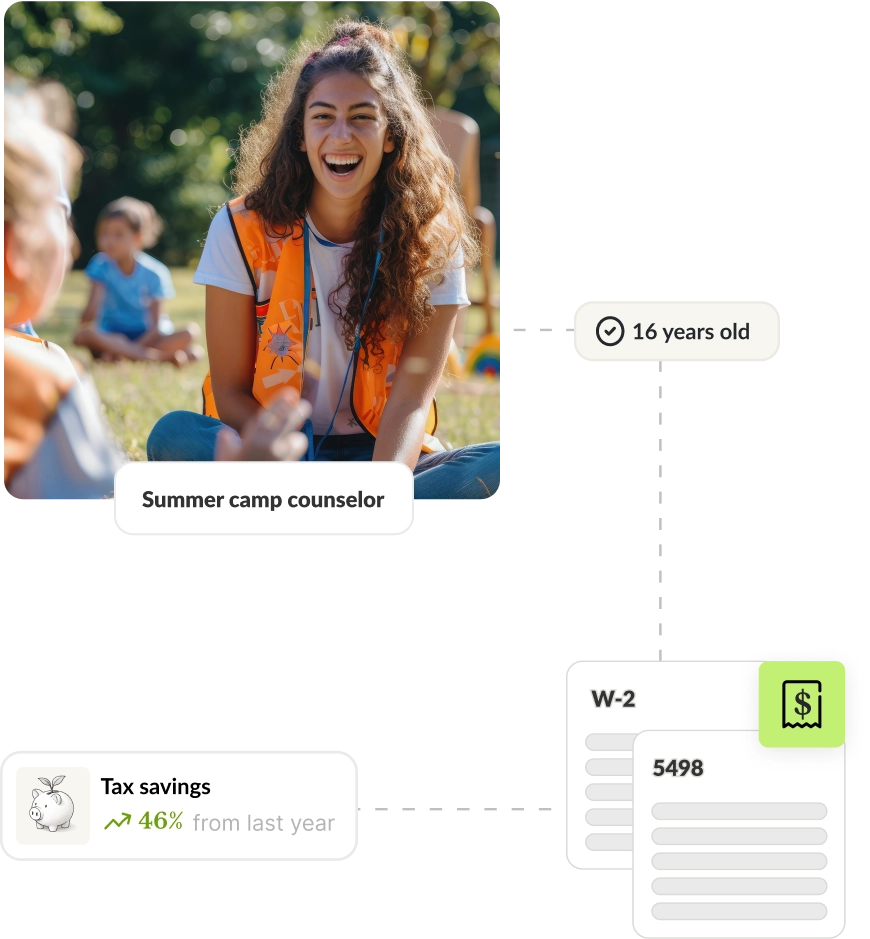What is Involuntary conversion?
An involuntary conversion occurs when taxpayers must dispose of property due to circumstances beyond their control, including government condemnation, natural disasters, theft, or casualty events. The tax code allows property owners to defer recognition of capital gains by reinvesting proceeds into qualifying replacement property within prescribed timeframes, typically two to three years. This provision recognizes that forced dispositions should not create immediate tax burdens during challenging circumstances. Qualifying events include eminent domain takings, fire or storm damage, and theft losses where recovery becomes impossible. Tax loss harvesting strategies can complement conversion planning when restructuring investment portfolios.
Easily save clients thousands in taxes.
Scan client returns.
Uncover savings.
Export a professional tax plan.

























